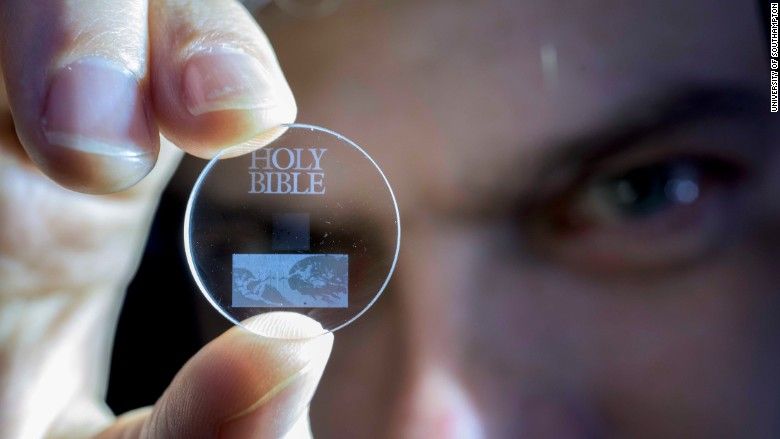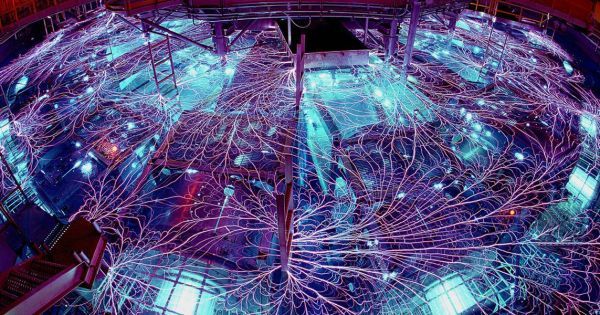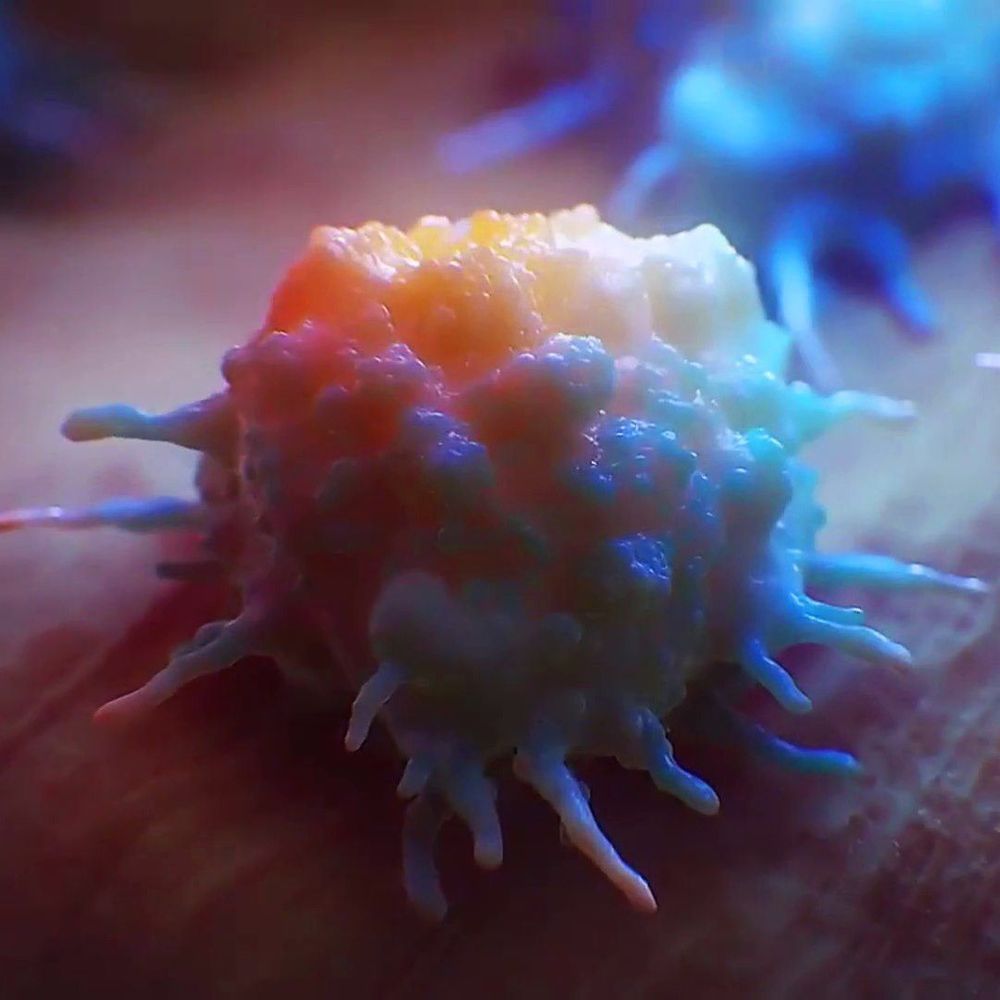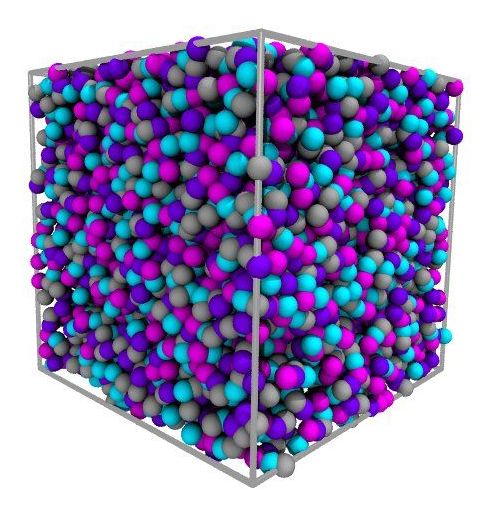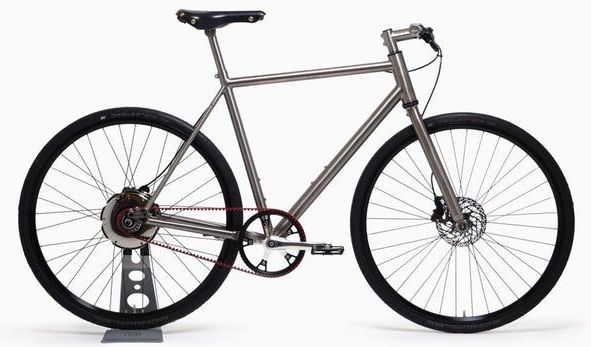Page 8892
Apr 30, 2019
New ‘Superman’ crystals can store data for billions of years
Posted by Quinn Sena in category: computing
Researchers in the U.K. have developed a way of storing digital data inside tiny structures contained in glass.
The storage technology is so stable and safe that it can survive for billions of years, scientists at the University of Southampton said this week.
That’s a lot longer than your average computer hard drive.
Continue reading “New ‘Superman’ crystals can store data for billions of years” »
Apr 30, 2019
The potential of plasma wakefield acceleration
Posted by Quinn Sena in category: particle physics
Scientists around the world are testing ways to further boost the power of particle accelerators while drastically shrinking their size.
10/18/18
Our best model of particle physics explains only about 5 percent of the universe.
Continue reading “The potential of plasma wakefield acceleration” »
Apr 30, 2019
Is the Promise of Cold Fusion Still Worth Waiting For?
Posted by Quinn Sena in category: nuclear energy
Ever since the 1989 debacle, cold fusion has been a byword for “junk science”—and cold fusion research has been anathema, tantamount to scientific suicide. Still, some quiet pioneers have continued the research, albeit under a changed name: LENR, or “low-energy nuclear reactions.” The jury’s still out on whether their methods will prove successful, but the race for inexhaustible “cold” fusion is definitely heating up.
Apr 30, 2019
CRISPR Trials on Humans Officially Begin in the US
Posted by Paul Battista in category: biotech/medical
Apr 30, 2019
Quantum Entanglement harvesting in a vacuum
Posted by Quinn Sena in categories: particle physics, quantum physics, space
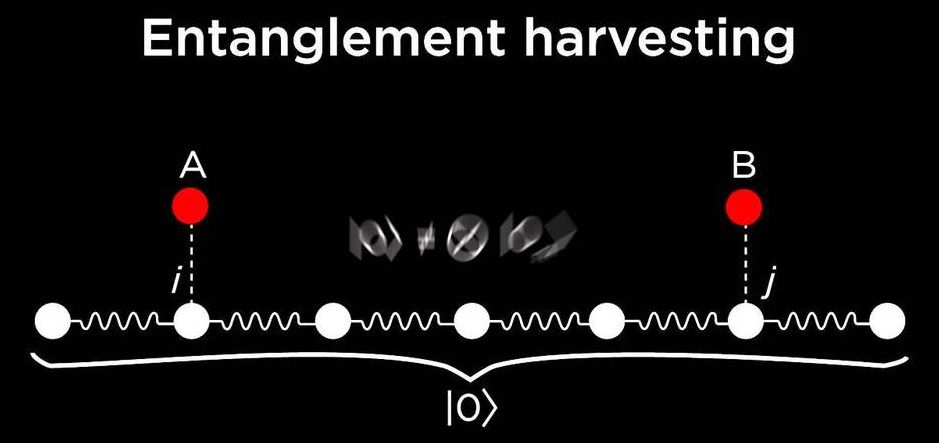
Circa 2016
Entanglement is an extremely strong correlation that can exist between quantum systems. These correlations are so strong that two or more entangled particles have to be described with reference to each other, even though the individual objects may be spatially separated.
Continue reading “Quantum Entanglement harvesting in a vacuum” »
Apr 30, 2019
Diamond Nuclear Batteries Are Forever… Sort Of
Posted by Quinn Sena in category: futurism
Apr 30, 2019
Almost half of World Heritage sites could lose their glaciers by 2100
Posted by Quinn Sena in categories: business, computing
Glaciers are set to disappear completely from almost half of World Heritage sites if business-as-usual emissions continue, according to the first-ever global study of World Heritage glaciers.
The sites are home to some of the world’s most iconic glaciers, such as the Grosser Aletschgletscher in the Swiss Alps, Khumbu Glacier in the Himalayas and Greenland’s Jakobshavn Isbrae.
The study in the AGU journal Earth’s Future and co-authored by scientists from the International Union for Conservation of Nature (IUCN) combines data from a global glacier inventory, a review of existing literature and sophisticated computer modeling to analyze the current state of World Heritage glaciers, their recent evolution, and their projected mass change over the 21st century.
Continue reading “Almost half of World Heritage sites could lose their glaciers by 2100” »
Apr 30, 2019
New approach predicts glass’ always-evolving behaviors at different temperatures
Posted by Quinn Sena in categories: information science, particle physics
Not everything about glass is clear. How its atoms are arranged and behave, in particular, is startlingly opaque.
The problem is that glass is an amorphous solid, a class of materials that lies in the mysterious realm between solid and liquid. Glassy materials also include polymers, or commonly used plastics. While it might appear to be stable and static, glass’ atoms are constantly shuffling in a frustratingly futile search for equilibrium. This shifty behavior has made the physics of glass nearly impossible for researchers to pin down.
Now a multi-institutional team including Northwestern University, North Dakota State University and the National Institute of Standards and Technology (NIST) has designed an algorithm with the goal of giving polymeric glasses a little more clarity. The algorithm makes it possible for researchers to create coarse-grained models to design materials with dynamic properties and predict their continually changing behaviors. Called the “energy renormalization algorithm,” it is the first to accurately predict glass’ mechanical behavior at different temperatures and could result in the fast discovery of new materials, designed with optimal properties.
Apr 30, 2019
“Unlimited range” stealth e-bike never needs plugging in
Posted by Quinn Sena in categories: innovation, transportation
If e-bikes tend to look a little ungainly for your tastes, check out this thing from Barcelona’s Nua Bikes. With the motor, sensors and battery built into a discreet hub unit, the Nua Electrica is barely distinguishable from a regular fixie, and its innovative “self-charging” mode means you can get away without ever charging it.

